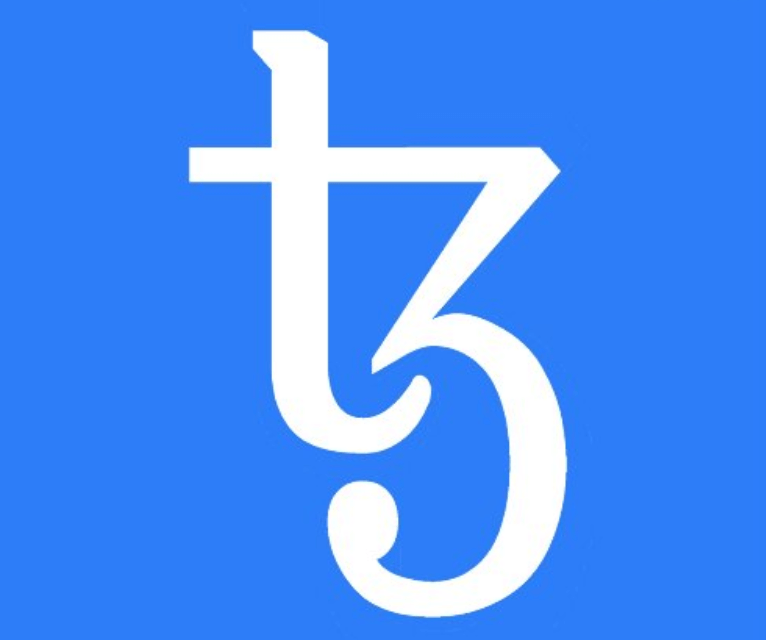Ethereum finally completed its long-awaited transition from the proof-of-work consensus mechanism to the proof-of-stake on 15th September 2022. This new shift, called the Merge, has raised some fundamental questions, especially regarding staking Ethereum.
What does the Ethereum Merge mean for validators, and how does it affect your staking yields?
In this article, we’ll be setting the record straight.
But first…
Disclaimer: All of the content written on CoinMarketExpert is unbiased and based on objective analysis. The information provided on this page should not be construed as an endorsement of cryptocurrency, a service provider or offering and should neither be considered a solicitation to buy or trade cryptocurrency. Cryptocurrencies carry substantial risk and are not suitable for everyone. No representation or warranty is given as to the accuracy or completeness of this information and consequently, any person acting on it does so entirely at their own risk.
What is the Ethereum Merge, and Why is it So Important?
The Merge is a system that replaces Ethereum’s power-demanding proof-of-work method of authenticating new crypto transactions with a much simpler proof-of-stake system. In a proof of stake method, validators secure the blockchain by proposing new blocks or attesting to validators’ blocks in exchange for rewards. These rewards, which may be in the form of additional coins or new tokens, are calculated in percentage yields.
The name Merge has a symbolic implication. Before the Merge, Ethereum had created a PoS protocol called Beacon Chain in 2020, although it could not process transactions. So a merging of Beacon Chain as the consensus layer and Ethereum’s PoW mainnet as the Execution layer resulted in ‘The Merge.’
The new system requires validators to stake at least 32 ETH before they can be eligible to validate blocks and earn rewards with interests. This new system means that validators, instead of miners, will verify blocks on the Ethereum blockchain, suggesting that higher transaction volume and more gas fees will increase staking yields. For this reason, many have predicted that The Merge would guarantee the best crypto staking rewards. However, this is not strictly so.
How Does the Ethereum Merge Affect ETH Staking Yields?
When you stake cryptocurrencies, you benefit from two things — first, the asset’s price uptrends, and then the additional rewards earned per transaction verified, termed ‘the annual percentage rate (APR). APR measures staking rewards and how much validators can earn on these staked assets in a year. Currently, the average APR for staking ETH is 4%.
So, it is true that more gas fees and higher transaction volume translate to a higher yield for stakers. However, since every block has a set number of rewards attached to validating it, the reward rate decreases as the total number of ETH validators and staked ETH competing for these rewards increases.
This tells us that you need to stake ETH as soon as possible if you want to receive a higher staking yield in the future. This is mainly because there’s a high likelihood that there will be more staked than we’re seeing today. This surge in staked ETH will likely reduce the yield you would usually earn as rewards on blocks will now be distributed to more people. You may be entitled to a smaller percentage of rewards as a validator.
How Can I Maximize ETH Staking Post-Merge?
One would expect that an upgrade on ETH, being one of the best staking coins, would increase staking yields. However, this is far from reality. Though Ethereum Merge doesn’t automatically offer the best staking rewards, staking 32 ETH, early Post-Merge can increase your rewards before the number of validators increases.
In addition, you can find your way around the different available options, such as staking on exchanges like Lido and Kraken, as against solo staking. Lido and Kraken allow you to unstake your coins and offer an average APR of 3.8% to 7%, though not their fair share of risks. These may not guarantee the highest staking rewards; however, they offer a profitable way to stake ETH.

